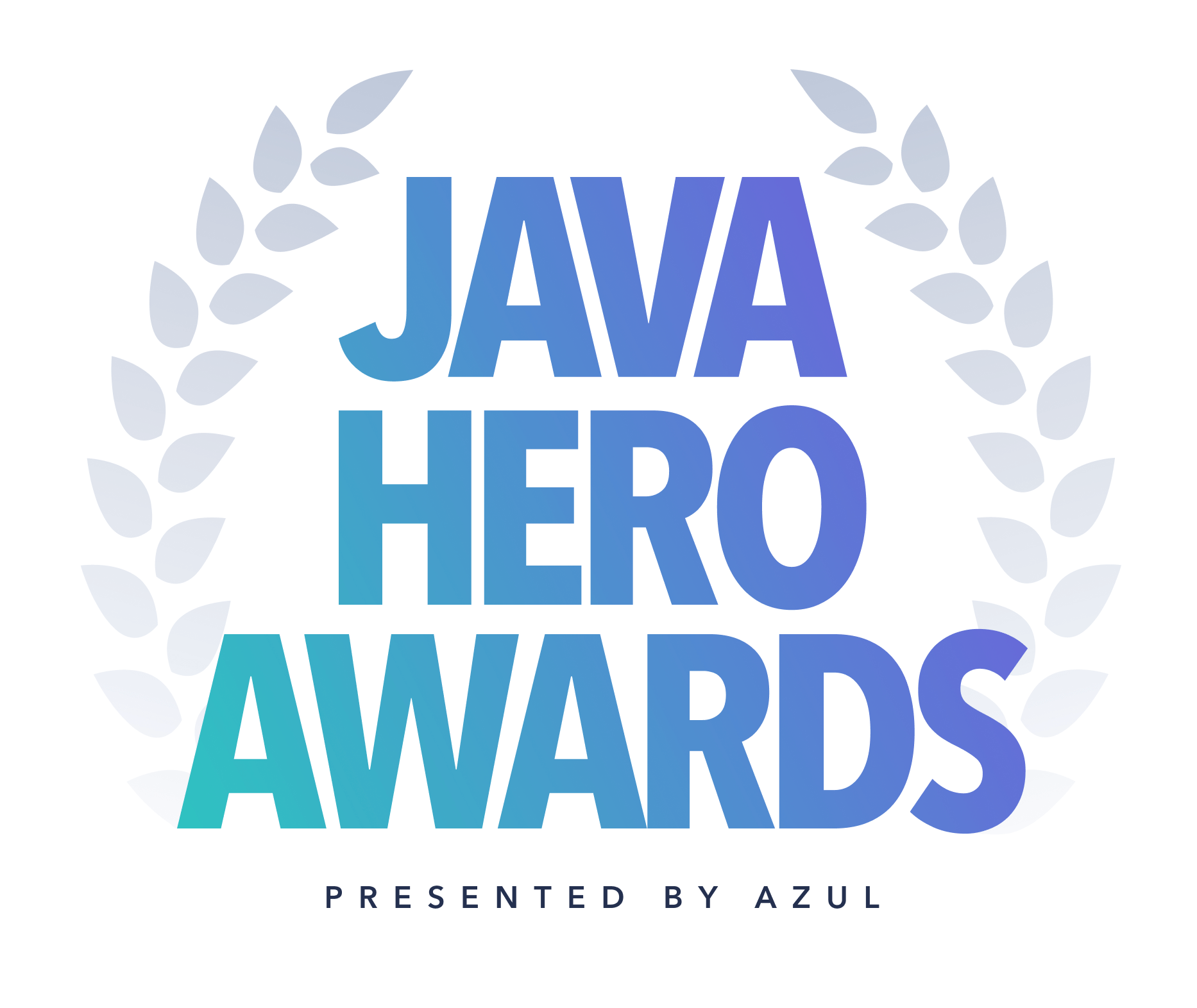In January of 2019, Oracle ended free public updates for commercial use of Java. Updates would only be available with an additional cost subscription. Additionally, in April of the same year, Oracle unveiled a new Java license (the Oracle Technology License Agreement for Oracle Java SE) which increased the cost for using Oracle Java.
When Teledyne Engineering Tools Manager Jeff Korpa became aware of the changes that Oracle had made, he began to take steps to phase out the use of Oracle Java SE from the various software tools and applications that he managed. “My first foray into an Oracle Java replacement was OpenJDK,” he says. “This was a free, drop-in replacement that worked well – at first. The problem with using a free alternative to Oracle Java was that the only patches that I could obtain were Patch Set Updates (PSUs).”
PSUs include changes, security updates, bug fixes, and performance enhancements. “What this meant was that I now had to regression-test a given PSU for each application I managed. As it turns out, I did uncover a regression in 2020; but overall, engaging in this sort of testing was not really a beneficial use of my time. This is because if I could just obtain Critical Patch Updates (CPUs), I would not have to do any testing: CPUs only contain changes related to security patches!”
The only two providers of CPUs are Oracle and Azul. Obtaining CPUs from Oracle was no longer desirable due to:
- Substantial cost increase for the same product and service compared to Azul.
- Pricing for Oracle Java SE no longer associated with actual usage as of January 2023.
Azul was able to provide access to CPUs at a much more competitive price point than Oracle. “In addition, Azul’s support was excellent,” Korba says. “They were able to answer my migration-related questions quickly, accurately, and professionally. Thanks to Azul, all of the software tools/software applications that I manage are now using the world’s best-supported builds of OpenJDK (i.e. Azul Platform Core).”


